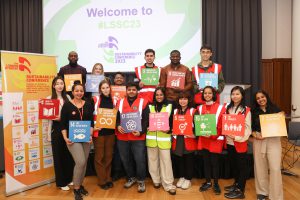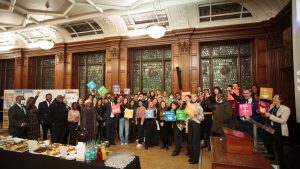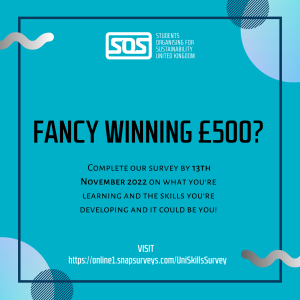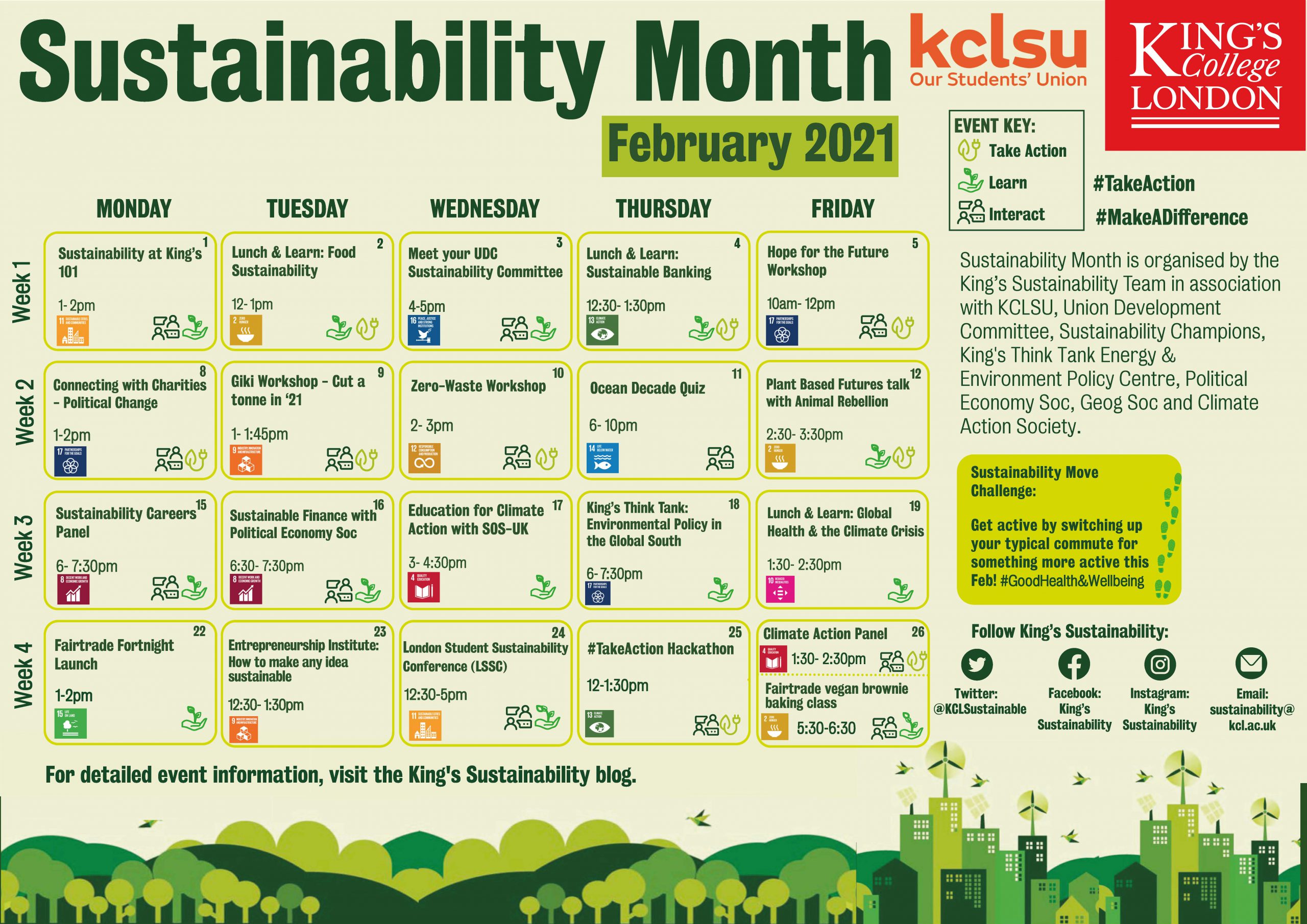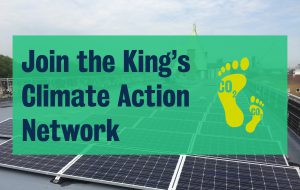This blog post was originally written for and posted to the King’s Careers blog. If you’re looking for more careers advice, we invite you to look at the wonderful collection of resources, blog posts, and wider services the Careers team offers.
Young people are as passionate as ever about working in the field of sustainability. However, the field remains a difficult one to break into, and the pandemic has placed additional challenges on job seekers. This blog offers practical steps to help you reflect and consider how you can embed sustainability into your career planning.
Throughout this blog, I define a job in sustainability as a job that overlaps, in some way, with the UN Sustainable Development Goals agenda.
Defining your sustainable career path
- What about sustainability interests you?
Originally defined as “development that meets the needs of the present without compromising the ability of future generations to meet their own needs”, sustainability can be understood as a framework for thinking about societal development across a wide variety of interconnected issues. As a result of this rather general definition, sustainability has become somewhat of a buzzword that means many different things to many different people.
Have a think about what sustainability means to you. You could be passionate about environmental issues, human rights, social justice, global health or food systems. And while you may be passionate about more than one specific area of sustainability, a good place to start is narrowing down what about sustainability interests you, which topic(s) drive you, what you are most knowledgeable about.
- Who would you like to work for?
Similarly, a “job in sustainability” does not fit into one mould. Sustainability cuts across many industries. You could work in government, charity, business, finance, consulting, research, filmmaking, fashion, marketing etc. Sustainability could be the core focus of your work or simply represent a small aspect, and you could be searching for a job in sustainability because of your values or because of your knowledge base, or both. For example, you could be an administrator or accountant who aspires to work for a company or NGO that promotes sustainability in its core mission. Or you might have studied and gained experience in a related field such as geography, environmental science, biology, human rights, gender studies etc. and aspire to work in this given field.
While employers value passion, they’re also looking for skills. So thinking about how you fit into sustainability also means reflecting on your skills. Think about your technical skills (climate change, climate modelling, engineering, business, management, communications, knowledge of a particular industry, etc.) and soft skills (innovation, commercial/business awareness, creativity, systems-thinker, teamwork, leadership, etc.), as well as how you can develop these. With each opportunity and experience, think about what you enjoyed and what you didn’t enjoy, and reflect upon the skills you’ve learned and developed.
Thinking about how your answers to the above questions intersect will help you better define your next steps – further work experience, graduate studies, volunteering?
Tips for building experience for a career in sustainability
If you’ve been offered an internship or entry-level job in your chosen field, congratulations! If you haven’t, that’s ok too! There are many things you can do to gain experience and further your employability in the diverse fields around sustainability. All of the below can help you build experience and should be highlighted on your CV. And, of course, you’ll also meet new people, build your network, and open up new and exciting doors for your future!
- Consider a skills-building job.
Getting a job in your chosen field is never easy – even more so during the pandemic. However, it’s important to remember that, for many people, career paths don’t follow a straight line. Fortunately, because sustainability links to so many different areas, finding a job that can help you develop technical skills and/or transferrable skills that all employers value will undoubtedly help you move forward in your career. Additionally, gaining industry knowledge will provide you with a greater understanding of the need for sustainability in your sector. Finally, remember that every organisation and industry can be more sustainable, so why not consider joining (or creating) a sustainability working group within your current organisation? Even if your job doesn’t naturally fall within the realms of sustainability, you can always find ways to incorporate it!
- Develop your knowledge about sustainability.
Make sure you’re familiar with the UN Sustainable Development Goals.
Take an online course – Coursera, Future Learn and Open University are great places to start.
Another way to develop your knowledge and hone your analytical and communication skills is by researching and writing about sustainability – you could become a guest blogger for the King’s Sustainability blog or start a social media account about something you’re passionate about.
- Volunteer for or join a local community organising group.
If you can, volunteering is a great way to develop skills, learn more about the sector, and network. Check out the KCLSU volunteering pages for opportunities, and follow Service at King’s on Instagram for more opportunities.
- For the next academic year, make the most of the opportunities at King’s.
From the Sustainability Champions Scheme, King’s Climate Action Network and sustainable societies to King’s Think Tank, King’s Civic Challenge and King’s Entrepreneurship Insitute – there is always something happening at King’s. And if you can’t find what you’re looking for, create it yourself with the help of the Student Opportunity Fund!
Make sure to follow the King’s Sustainability on Instagram to keep up to date with opportunities. And feel free to get in touch with us if you’re interested in learning more about opportunities to get involved.
Some recommendations for job search ideas and resources:
- King’s Careers KEATS services.
- The Kickstart Scheme – for those aged 18-25 on Universal Credit (many organisations and NGOs are hiring through the programme right now).
- Charity Jobs
- Guardians Jobs Environment
- Environment Jobs
- LinkedIn – set up weekly alerts for specific organisations and/or job titles (i.e. research assistant, communications intern, etc.). Many individuals also post weekly or monthly job boards… searching #jobfairies is a good place to start.
- The Bloom send out a weekly jobs newsletter.
- Bookmark the companies and organisations you’re interested in and keep checking their job pages!
Finally, thinking about the future during a pandemic can be difficult. Make sure to take care of yourself and your mental health, and reach out to support if you need to (you can read more about King’s mental health help here).

